Authorship Podcast: “Don’t Quill the Messenger”
Historian Katherine Chiljan and SOF President John Hamill Among Recent Guests Interviewed by Host Steven Sabel
by Bryan H. Wildenthal
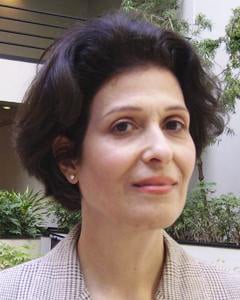
Katherine Chiljan, an independent historian and author of a landmark book — Shakespeare Suppressed: The Uncensored Truth About Shakespeare and His Works (2011, rev. 2016) — is interviewed on the SOF podcast program “Don’t Quill the Messenger” (DQTM), in the episode posted May 27, 2020, one of many fascinating recent guests.
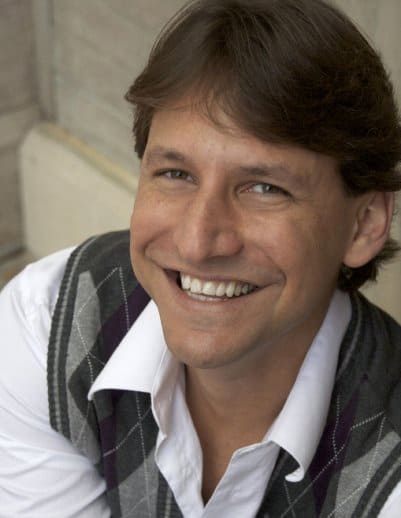
Steven Sabel, the volunteer host of DQTM, is a Shakespearean theatre director and actor. He has worked since 2018 as the SOF’s Director of Public Relations and Marketing. Steven displays a deft and humorous touch in prompting his guests to talk about what inspires them to pursue the Shakespeare Authorship Question (SAQ).
Click here to explore all DQTM episodes. The series is produced by Jake Lloyd Bacon for Dragon Wagon Radio. DQTM is the brainchild of SOF Trustee Julie Sandys Bianchi, the “founding mother” of the program, launched in January 2019. Julie was inspired by the “Mythunderstood” podcast co-hosted by her son Paul Bianchi, who has himself been a guest on DQTM.
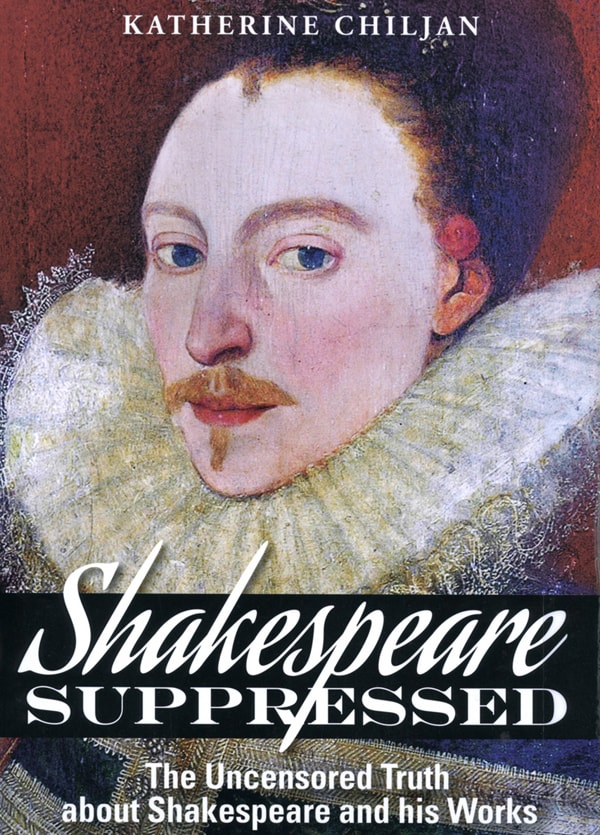 Chiljan’s book explores the evidence that the name “William Shakespeare” appearing on published plays and poems was in fact a pen name. She is an Oxfordian who believes the true author behind the pseudonym was Edward de Vere, 17th Earl of Oxford (1550–1604). But her book does not focus on the Oxfordian theory, and in fact rarely mentions Oxford.
Chiljan’s book explores the evidence that the name “William Shakespeare” appearing on published plays and poems was in fact a pen name. She is an Oxfordian who believes the true author behind the pseudonym was Edward de Vere, 17th Earl of Oxford (1550–1604). But her book does not focus on the Oxfordian theory, and in fact rarely mentions Oxford.
Chiljan surveys the many doubts and questions about authorship that arose during and soon after the life of William Shakspere of Stratford-upon-Avon (1564–1616). She points out there is no clear evidence dating from his own lifetime that he was any kind of writer at all — much less the great author “Shakespeare.” Yet these two individuals merged into one identity after both died — and this was not an accident, she argues.
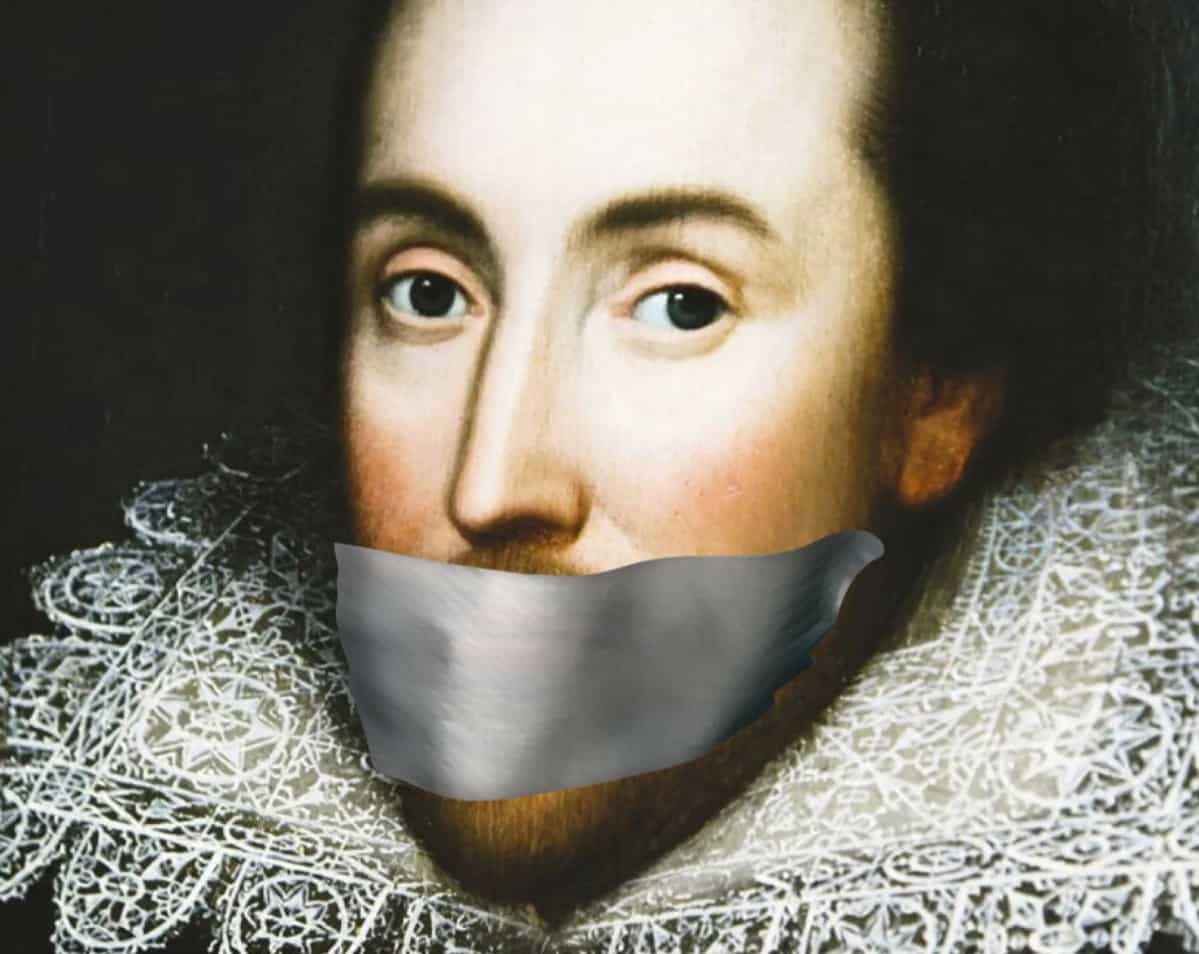
Steven highlights Katherine’s extensive collection of “too early” allusions to Shakespearean works, which show they were written years or even decades before any Stratfordian timeline could possibly accommodate them. Her book earned a distinguished scholarship award in 2012 at an authorship studies conference at Concordia University (Portland, Oregon). In 2015 Chiljan delivered a talk on the “Origins of the Pen Name William Shakespeare” that is one of the most popular videos on the SOF YouTube channel. Mainstream academics, however, have mostly ignored her book, even though (or perhaps because?) she points out problems in the traditional Shakespeare story that they have proved embarrassingly unable to explain.
Other recent podcast guests include:
- SOF Secretary Earl Showerman, M.D., who talks with Steven about the influence of ancient Greek drama on Macbeth (Feb. 19) and the dangerously daring political allegories in A Midsummer Night’s Dream (April 1).
- Annie Sabel (Steven’s wife, also a Shakespearean actor), who turns the tables by taking the host chair herself in the enjoyable April 15 episode, asking Steven and Earl a series of revealing questions, including how they would explain the SAQ to a random party guest, how Oxfordians tackle the puzzle of when the plays were written, and if they could travel back in time and pose just three questions to Oxford, what would they ask?
- Physics teacher Tom Woosnam (March 4), who discusses with Steven the nature of “genius” and why the SAQ appeals to scientists, engineers, and lawyers focused on logic and evidence (Woosnam recently recounted how he became an Oxfordian).
- Carole Sue Lipman (March 18), who talks with Steven about her role in founding the Shakespeare Authorship Roundtable, and explores the true story of Delia Bacon, the brilliant (and wrongly maligned) scholar who helped launch the modern SAQ in the 1850s.
- Professor Sky Gilbert, Ph.D. (May 13), author of the intriguingly titled forthcoming book, Shakespeare Beyond Science: When Poetry Was the World.
- Bob Meyers (June 10), veteran award-winning journalist.
- SOF President John Hamill, an expert on “Shakespeare’s Sexuality,” who engages with Steven in a lively conversation on this ever-popular subject during the June 24 episode.
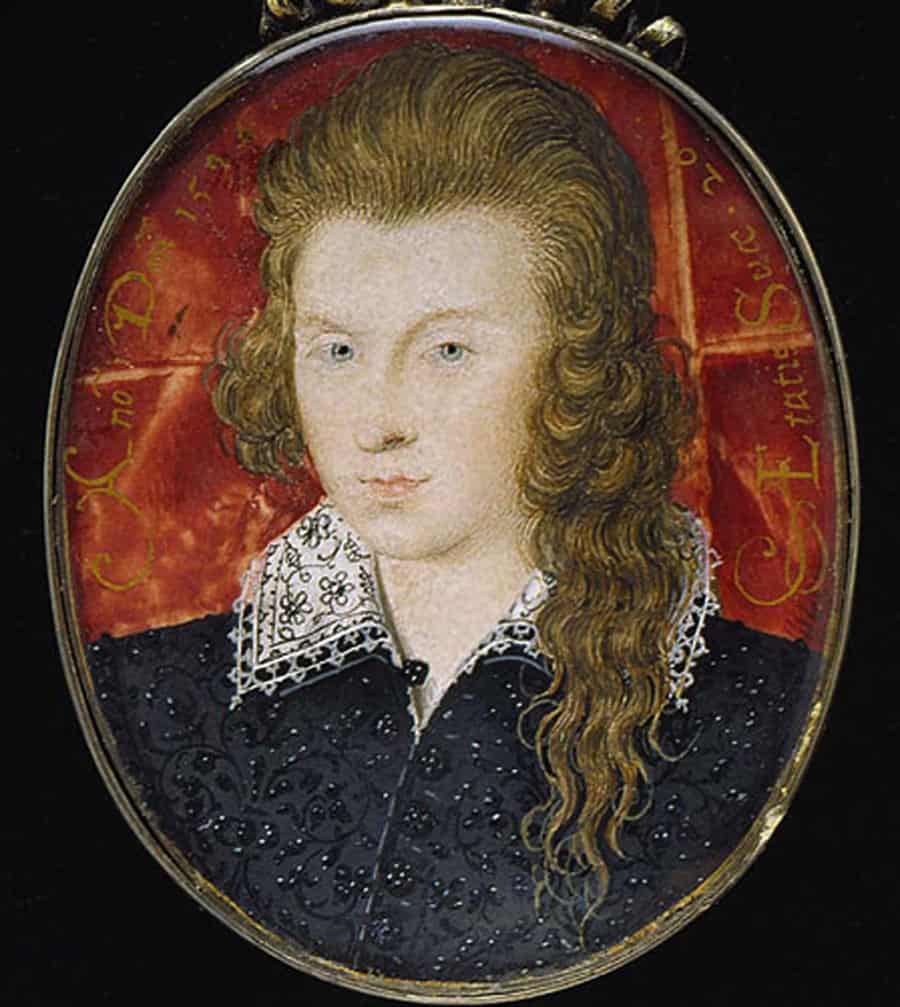
Hamill points to ample evidence — including the “fair youth” sonnets widely thought to be addressed to Henry Wriothesley, 3rd Earl of Southampton — that the author Shakespeare (Oxford) was bisexual. But he and Steven note that labels like “bisexual,” “homosexual,” and “gay” were unknown in early modern England, and some scholars (including Chiljan) dispute such readings. Elizabethans treated any actual sex between men as a sinful death-penalty offense, but had no clear concept of sexual orientation or identity. They were surprisingly tolerant of intense and intimate male friendships. These provocative interviews will doubtless provide fodder for many future episodes. Remember: “Don’t Quill the Messenger”!
Membership dues cover only a fraction of our budget, including all our research, preservation and programming. Please support the SOF by making a gift today!
Blue Boar Tavern: Wassail Q&A
Tuesday Dec. 17, 8pm E / 5pm P
Sign up below for event invites!
